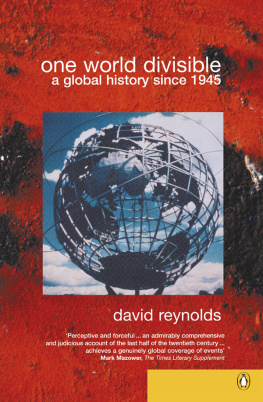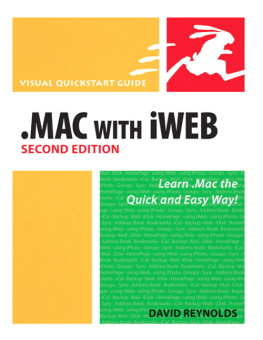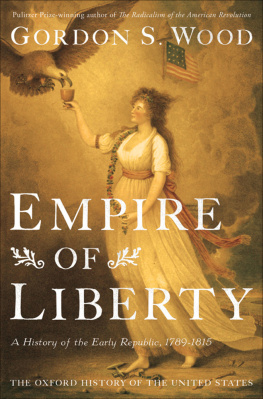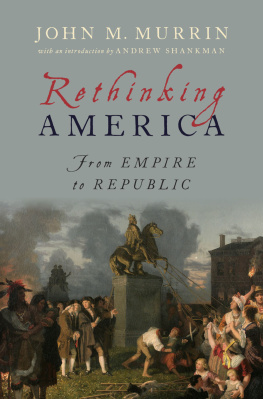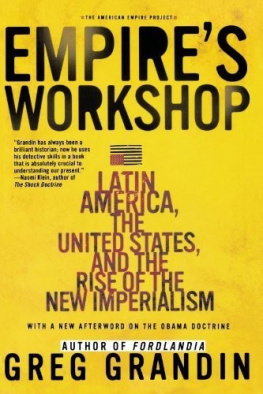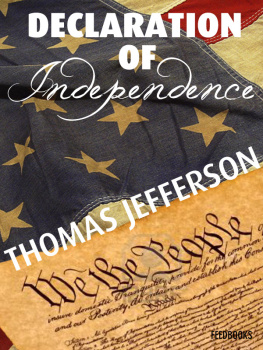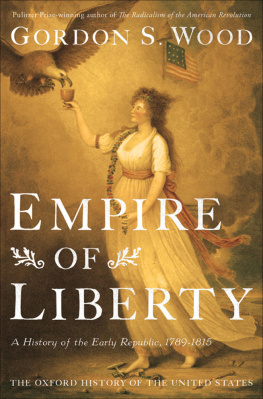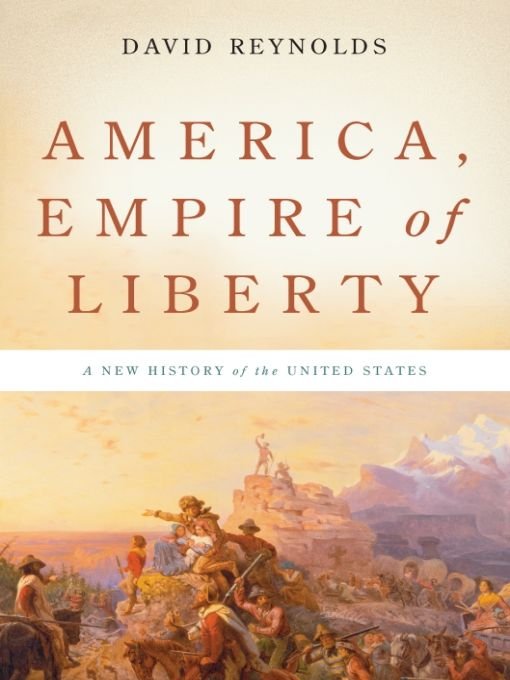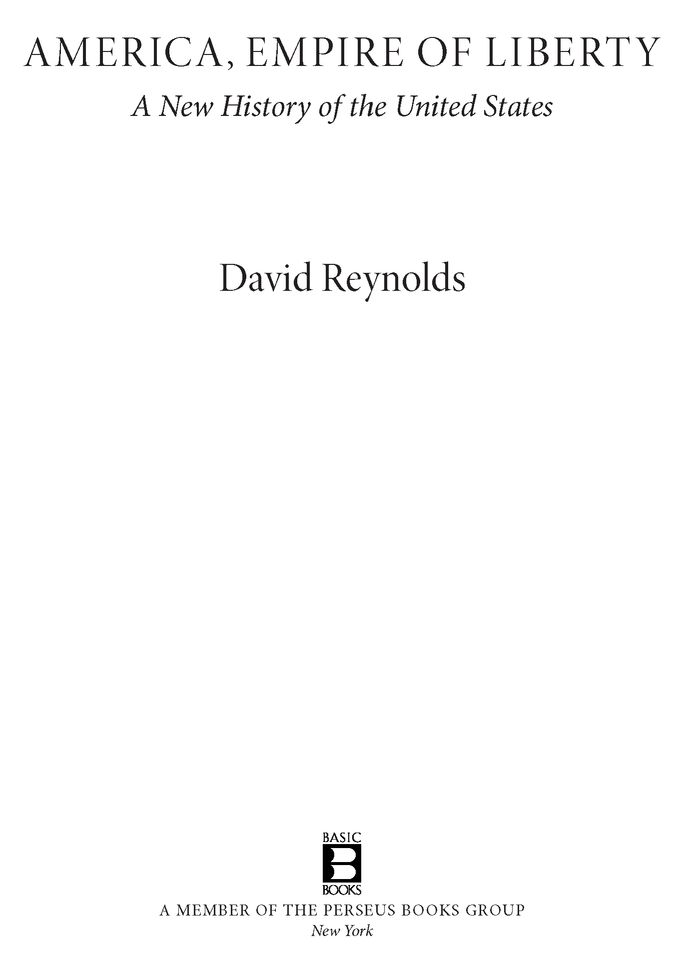Table of Contents
ALSO BY DAVID REYNOLDS
THE CREATION OF THE ANGLO-AMERICAN ALLIANCE:
A Study in Competitive Cooperation, 1937-1941
AN OCEAN APART:
The Relationship Between Britain and America in the Twentieth Century
(with David Dimbleby)
BRITANNIA OVERRULED:
British Policy and World Power in the Twentieth Century
THE ORIGINS OF THE COLD WAR IN EUROPE (editor)
ALLIES AT WAR:
The Soviet, American and British Experience, 1939-1945
(co-edited with Warren F. Kimball and A. O. Chubarian)
RICH RELATIONS:
The American Occupation of Britain, 1942-1945
ONE WORLD DIVISIBLE:
A Global History Since 1945
FROM MUNICH TO PEARL HARBOR:
Roosevelts America and the Origins of the Second World War
IN COMMAND OF HISTORY:
Churchill Fighting and Writing the Second World War
FROM WORLD WAR TO COLD WAR:
Churchill, Roosevelt and the International History of the 1940s
SUMMITS:
Six Meetings That Shaped the Twentieth Century
Margaretonce again
Her history, our odyssey
&
Jim, Ellie, Lucy, and Maddy
21st-century cousins
A past for their futures
INTRODUCTION
This is a deliberately unfashionable book. Such is the richness of Americas past and the amount of research about it that most scholars of U.S. history specialize in a specific half-century, a single strand, such as gender history, or a particular regionthe South, say, or the West. When syntheses are published, they often devote six or seven hundred pages to two or three decades, and most college textbooks on U.S. history are multivolume works co-authored by several specialists. For one person to write a single volume on the history of the American colonies and the United States therefore goes against the grain; indeed, it may seem almost an act of hubris.
Yet I believe it is justified and worthwhile, for several reasons. The proliferation of historical monographs and articles tends to increase knowledge at the expense of understanding. We lose the forest in the trees. This is especially true for general readers, who have neither the time nor the inclination to keep up with the minutiae of scholarship. Hence the value of an overview, drawing on some of the recent writing and the themes addressed therein but offering a personal interpretation of the whole.
This is also the view of an outsider, which has both disadvantages and benefits. Disadvantages, in that there will be specifics that I dont properly appreciate, detail that I havent properly grasped. On the positive side, however, a foreigner may sometimes see the picture in a different way from the natives, tracing fresh connections or suggesting unfamiliar contexts. As a Brit who has visited the United States several times a year since 1973, has taught American history to British students for much of that time, but has nevertheless written on a broad range of international history, I think I have some credentials for the task.
This is also a narrative, a mode of writing not always favored by professional historians today. Much modern scholarship prefers to explore themes and analyze problems, often revealingly but sometimes losing touch with simple chronology. For me, history, like living, is rooted in time: Every day we tell stories about what has happened, giving narrative shape to the flux of events. I believe that if, as historians, we stray too far from the sequence of what happened, we are in danger of missing something fundamental. Most of the book follows this principleapart from two overlapping chapters on what I call the long 1960s (a period of enormous importance for modern America, I believe, and one for which domestic and foreign policy need to be addressed separately).
This is also a history full of people. Sometimes academic scholarship strays into the abstract: Conscious of the big socioeconomic forces that shape history, scholars may lose sight of the human beings that actually constitute those forces. I have therefore woven into the narrative the stories and voices of men, women, and children from Americas past. They constitute the bright threads that give color and depth to the tapestry.
A tapestry needs a larger design, however. This book is in no sense a comprehensive portrayal of Americas past, nor does it cover all aspects of American life; inevitably some readers will question my omissions. I have constructed the story around three themes that, in my judgment, are significant historically and also shed light on Americas future: These I encapsulate as empire, liberty, and faith. Each one has proved richly, sometimes fatally, ambiguous.
What do I mean by these three themes? Empire, on the face of it, seems fairly simple. Today it is a standard charge of critics that America is an imperialist nationmilitarily through war in Iraq or economically through globalization. In the 1960s there were similar protests about the brutality of Americas war in Vietnam and about how American multinational corporations were buying up Europe and the developing world.
Yet if we go back a bit further, imperialism is an accusation that would have seemed ridiculous to most Americans of the early twentieth century. In an era when European empires like Britain, France, and the Netherlands ruled much of Asia and Africa, Americans proudly presented themselves as the only nonimperialist great power. And not just Americans: When Ho Chi Minh proclaimed Vietnams independence from the French empire in 1945, he invoked the preamble to Americas Declaration of Independence from Britain in 1776. President Woodrow Wilson in World War I and Franklin Roosevelt in World War II envisioned these conflicts as a way of curbing not only German militarism but also the imperialism of Americas European allies as an essential precondition of a new and better world.
If we journey further back, to the first century or so of Americas history as a nation, we find its people engaged in a protracted battle against Britains empire. Declaring independence was relatively simple; making it real was much harder. Although in 1783 Great Britain acknowledged U.S. independence, two decades later the new American government could not prevent British redcoats from burning Washington. Throughout the first half of the nineteenth century, America remained almost an economic colony of Britain, reliant on the mother country for manufactured goods and financial capital. In 1900, much of the American West was still owned by British investors. So, for roughly half of U.S. history, Americans self-consciously saw their country as an anti-empire, the flagship of the New World on a collision course with the imperialist values of the Old World.
Yet, in reality, America was already an empire. The thirteen colonies that broke with Britain in 1776 extended only a few hundred miles inland. Within thirty years, however, the United States stretched far beyond the Mississippi, across half this vast continent. Thirty years later, by the mid-nineteenth century, it ran from the Atlantic three thousand miles to the Pacific. For many Americans in the nineteenth century and since, this process was axiomatican expression of Manifest Destinyyet, from a historical perspective, it is of dramatic significance. Transposed onto the map of Europe, the continental United States would take us from the Urals to the Pyrenees, which is the domain of half a dozen separate nation-statescountries, moreover, that spent much of the nineteenth and twentieth centuries fighting ruinous wars against each other. The fact that the most fertile and mineral-rich swathe of North America was under the control of one government was a development of world-historical importance.


